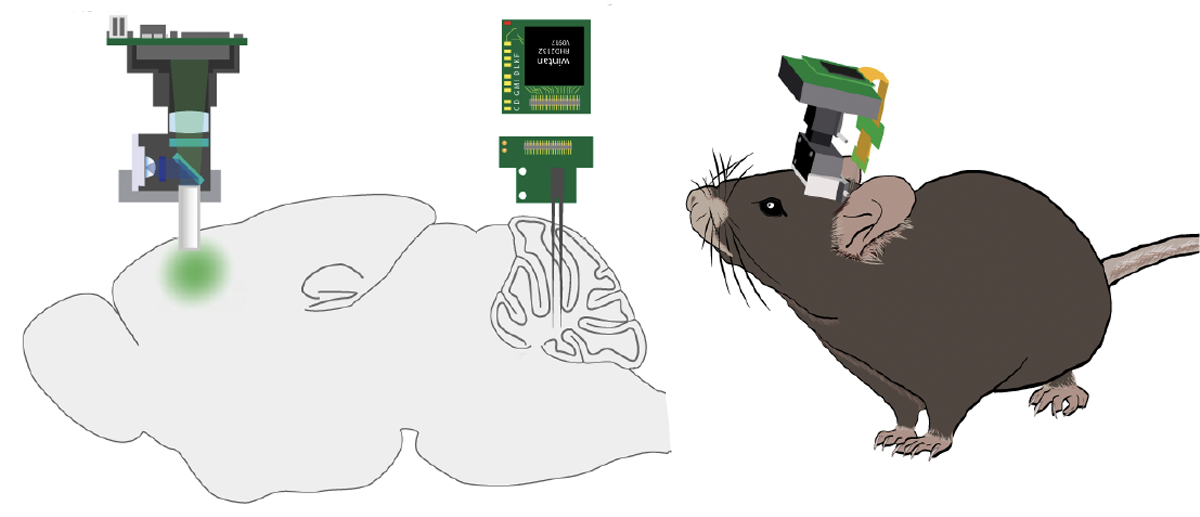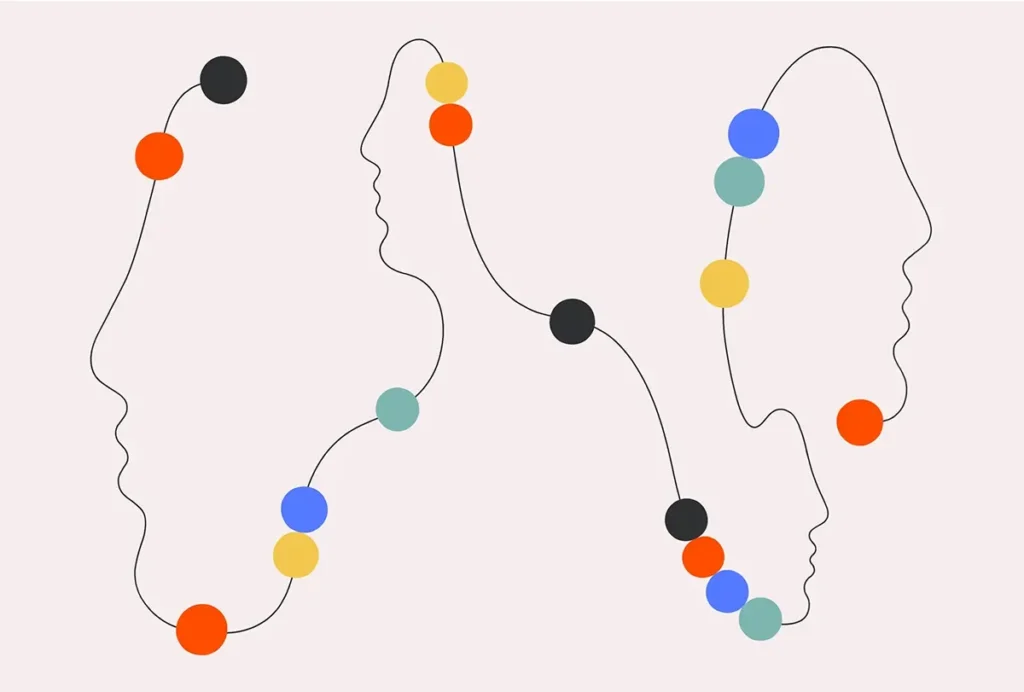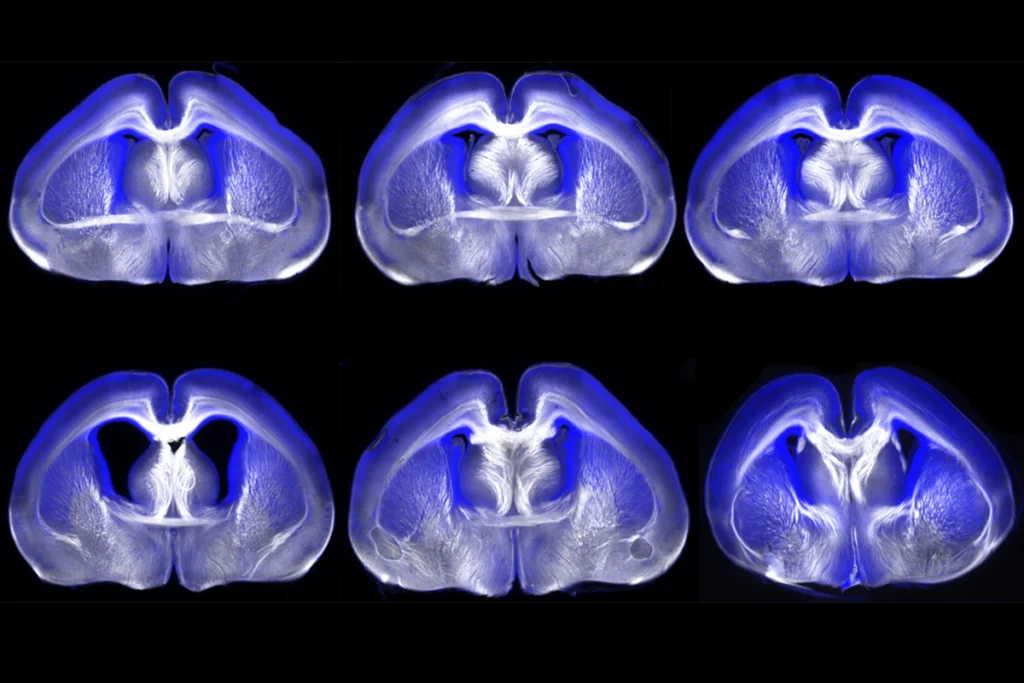- People with attention-deficit/hyperactivity disorder engage in camouflaging behavior, although to a lesser degree than people with autism. Autism Research
- A web-based training course helps parents of autistic children learn evidence-based strategies and can be delivered in low-resource settings in South Africa. Spectrum has previously reported on the efforts of co-authors Petrus de Vries and Amy Wetherby to improve autism care in Africa. Autism
- Gene expression in postmortem brain tissue from autistic and non-autistic people did not validate findings from bioinformatics-based models of autism-linked single-nucleotide polymorphisms, a new paper has found. Autism Research
- Autistic children and adolescents are more likely than their non-autistic peers to have social anhedonia — a lack of pleasure in social interactions — and severity appears to be related to social anxiety and depressive traits. Journal of Autism and Developmental Disorders
- About 80 percent of autistic people have experienced suicidal thoughts in their lifetimes, and such thoughts are most likely to occur in those with more autism traits, those who have another psychiatric condition and those who experience loneliness. Autism
- Researchers can detect neural activity specific to social behaviors in mice via electrophysiologic recordings along a cerebellar-forebrain pathway in moving animals. eLife

In sync: A device called the E-Scope records electrical activity in the cerebellum and calcium flux in the forebrain in freely moving mice.
- Autism researchers don’t always follow clinical trial registration properly, and only about 64 percent of registered trials result in publication, suggesting that the literature — and meta-analyses based on published studies — represent an incomplete picture. Autism
- Vowel distinctiveness is a key predictor of expressive language skills in autistic children with expressive language difficulties, whereas receptive language skills are a more robust factor in those with better expressive language, according to a small study. Autism Research
If you or someone you know is having suicidal thoughts, help is available. Here is a worldwide directory of resources and hotlines that you can call for support.


